Poppy industry celebrates 50 years
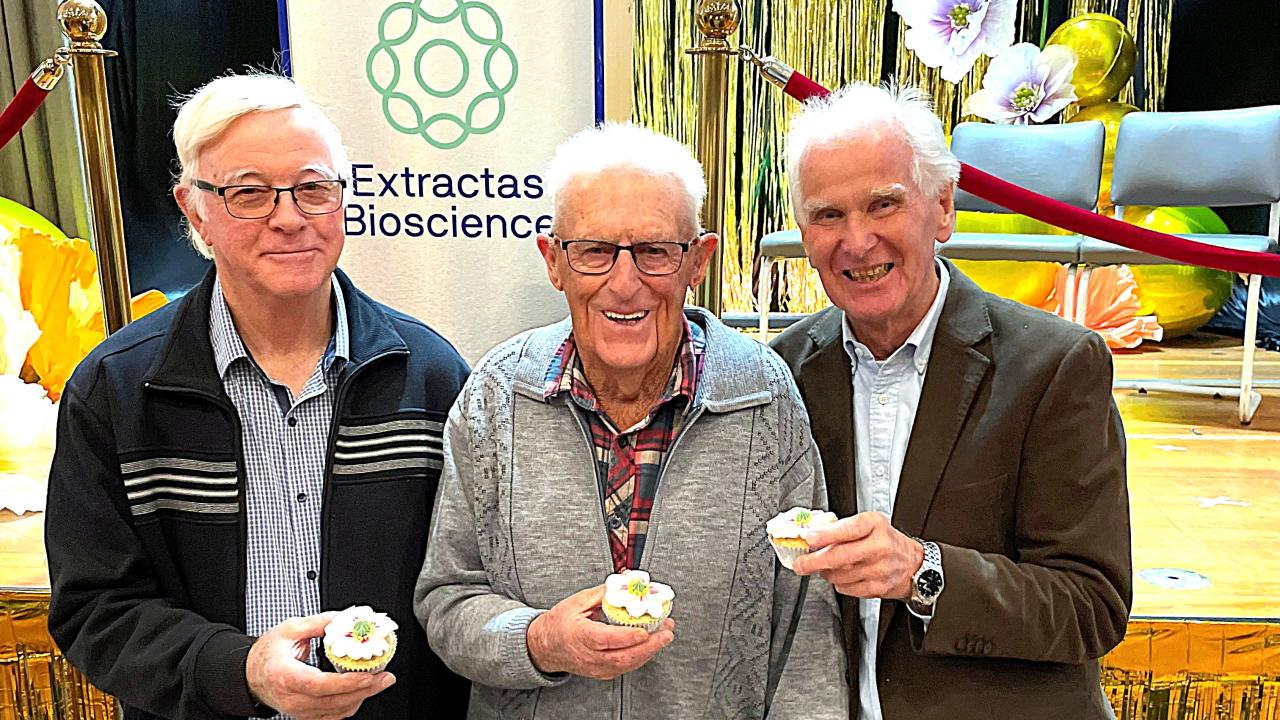
It’s known by Westbury locals simply as “the poppy factory”, and it’s been the town’s lifeblood, and a manufacturing icon of Tasmania, for 50 years.
Extractas Bioscience, which started life as Tasmanian Alkaloids, or TA to those in the industry, in 1975, enabled Tasmania to become the world’s largest producer of licit opiate material, supplying almost half of the world’s demand.
It was built on land owned by Westbury farmer and inaugural Tasmanian Farmers and Graziers president John Allwright, who had the foresight to develop an industrial precinct on Birralee Road.
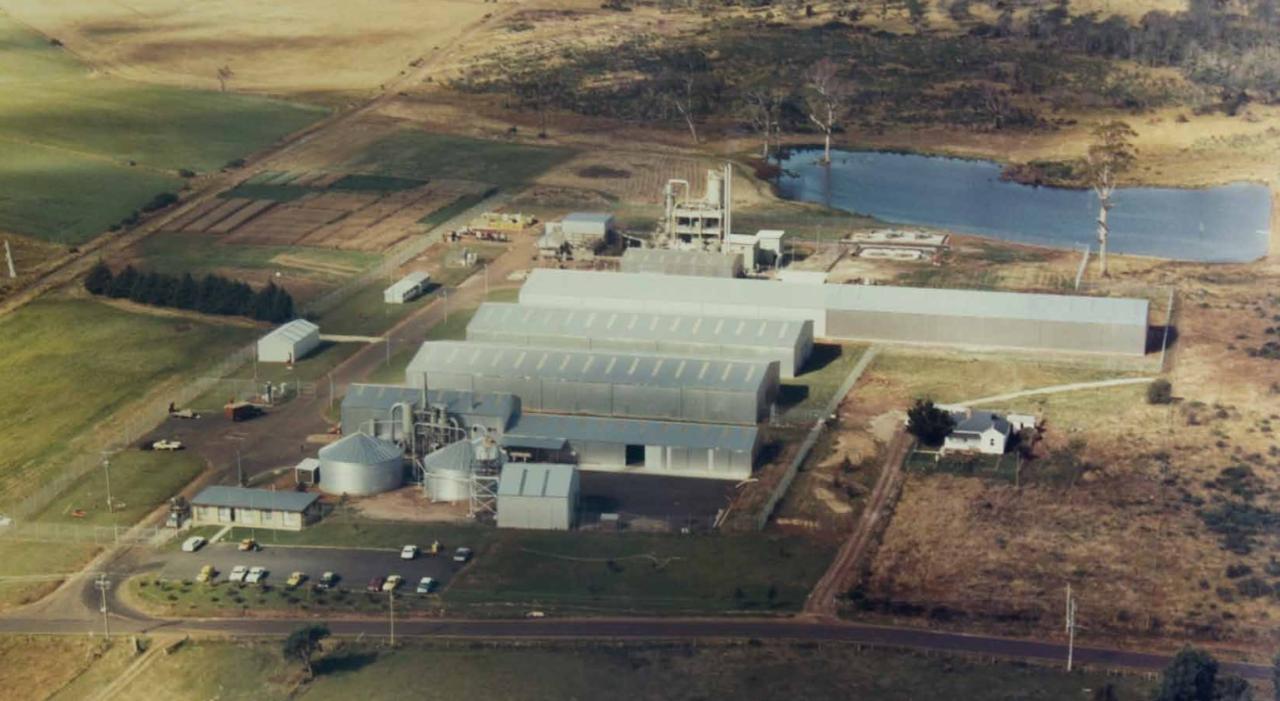
Ironically, John, during his two years of agriculture study at University of Melbourne’s Dookie Campus, worked on poppy trial plots for the CSRIO who were interested in pain relief during the war effort.
Millions of tonnes of harvested poppies, thousands of workers and hundreds of medicinal drugs later, Extractas Bioscience has brought its “family” together to celebrate five decades of achievement at a special luncheon at the Deloraine Community Complex last Friday.
More than 300 people attended, from growers and ex-factory workers to researchers, contractors, IT specialists and retired managing directors, with the event opened by Tasmanian Premier Jeremy Rockliff, whose father Rick was the first employee at the factory and one of the first growers.
Beautiful fields of pale pink, mauve and white flowers, with accompanying high security fencing and warning signage, have since become a common sight around the state.
The factory has grown exponentially in size, laid the foundation for an industrial estate than boasts many thriving businesses and, lit up like the MCG at night, is a familiar glowing beacon to those living and working in the region.
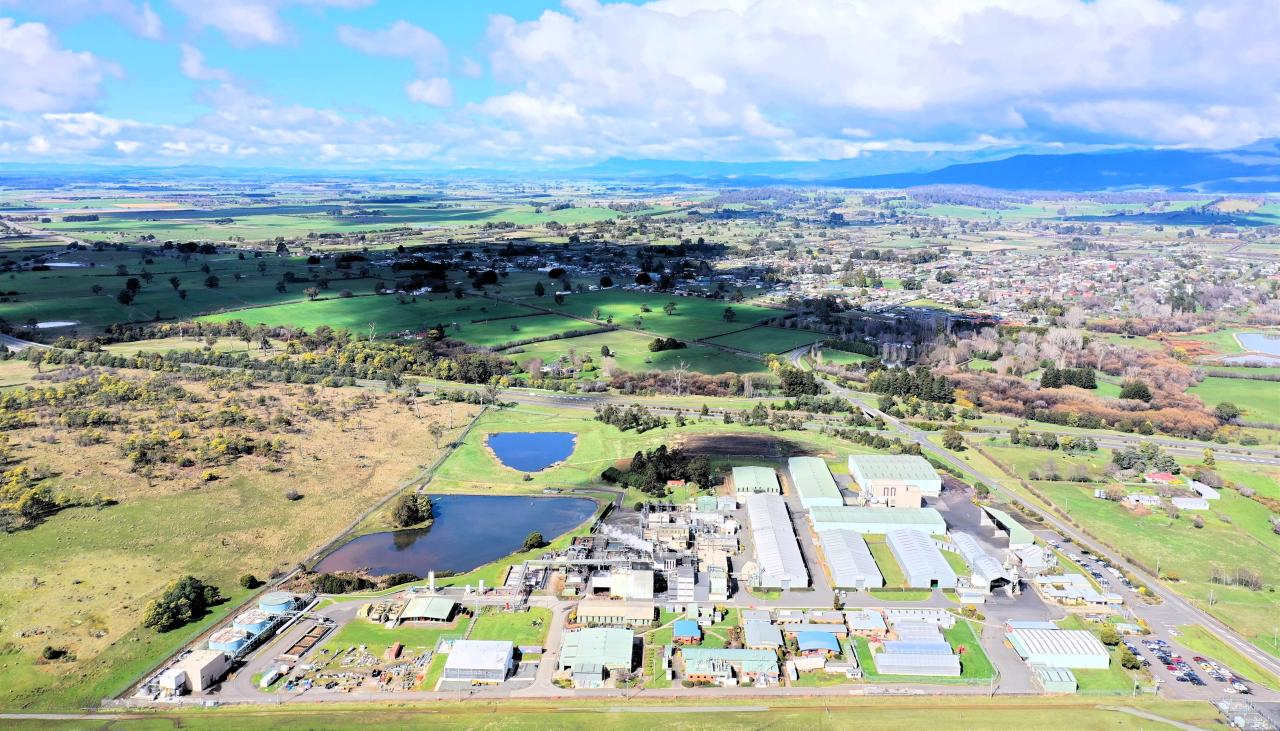
At its peak it was taking the world by storm, the ultimate success coming in the mid-1990s when managing director Brian Hartnett laid down the challenge to a young agricultural scientist Dr Tony Fist to stop the pathway of the morphine-producing poppy at thebaine.
Thebaine could be used to make oxycodone, an emerging pain management drug of choice by pharmaceutical companies, and when global collaboration resulted in the desired result from the new Norman variety around 1998, it was a game-changer.
While the halcyon days when poppy farmers became rich overnight, were awarded a Mercedes Benz, Jaguar or similar for being the top grower for the season and the pharmaceutical companies couldn’t’ get enough of the powerful narcotic to make pain management drugs such as morphine, codeine and thebaine, are long gone, new paths are still being forged.
Extractas Bioscience Field Operations manager Noel Beven said that the popularity of weight loss medication is providing a new role for the company which extracts, modifies and purifies peptides to make injectable medication such as Ozempic.
It also uses alkaloids to make pentacyclics, which are extensively used worldwide by first responders and hospitals as an antidote to drug overdoses.
“While poppies have had their ups and down, over the years we have been forced to change our focus to survive,” Noel said.
“At one stage, we grew, of all things, milk thistle for silymarin - a natural medicine for the treatment of liver ailments.
“Pyrethrum was very successfully grown and extracted and evaluated as an option and soon after developed by others, but our people were instrumental in the early success.
“Successful exporting of our poppy seed led to trials of caraway and coriander.
“Hops were extracted at one stage and a batch made for a potential customer.
“Ornamental poppies were supplied to a German market which required field poppies to be bleached with peroxide and died with various autumnal colours.
“Seaweed harvesting and the manufacture of alginates was investigated, also taken up by others some years later.
“We've continued working with alternative plants and their extractions, most recently cannabis.”
Throughout the journey, Tasmanian Alkaloids and Extractas Bioscience have endured market downturns and market resurgence, suffered two major shed fires and enjoyed the scientific success of the world’s best poppy breeding programme delivering increased and single alkaloid concentration in its plants.
Poppies today have alkaloid levels of five percent, when originally it was one.
Extractas Bioscience has become the supplier of choice to the world's big pharma companies.
Coming out of a recent slump caused by the Covid pandemic and opiate over-supply, Extractas Bioscience will next season contract close to 9000 hectares of poppies, up from 6400 hectares last year, equating to more than $40 million potentially being paid into the growing community.
Three poppy industry pioneers, who attended the anniversary celebration, took the time to reflect on the crop that had been an enormous part of their life.
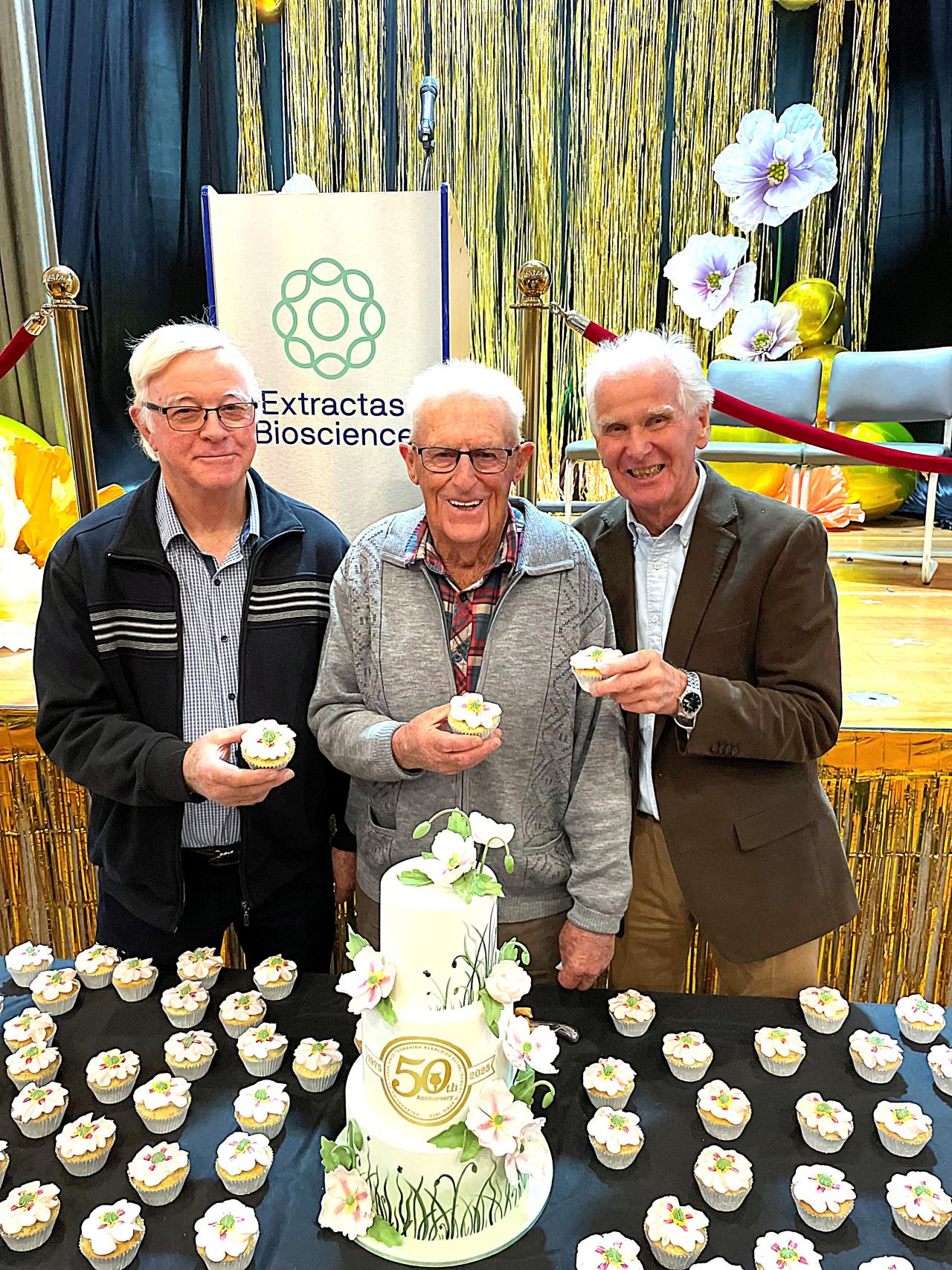
Former poppy grower, cartage contractor and harvester of over 40 years, Bevin Clarke, was one of the first in the state to sow poppy seeds on his farm in East Devonport.
“It’s been an interesting and big journey for some of us, thank goodness it’s been able to keep going and not fold up like it could have - 50 years is a great achievement in this kind of industry,” he said.
“It comes down to a partnership, with the company recognising it needs the grower just as much as the grower needs the company.”
Malcolm Brown from Sassafras also took up the offer to grow poppies 50 years ago, and they’re still growing on his farm today, under management of his son Nicholas.
He was also a field officer for the company in the early days and has been a poppy contractor for most of its 50-year history.
“We didn’t plant any last year because the price was so low, but with that rising this year they’ll be back in the mix,” he said.
“Rotation is the most important thing with poppy growing, and of course when things are going well and the right price is being paid, it’s a good industry.”
Keith Rice spent 36 years as chief executive of Poppy Growers Tasmania.
He's represented Tasmanian poppy growers at all levels of governance and industry - state, national and international and retired as part-time CEO in 2023.
He said that it’s the application of sophisticated science and technology to a natural plant that epitomises the industry
“Tasmania has been front and centre in the application of science in developing poppy varieties that lead a global industry, starting with morphine and expanding into other variants,” he said.
“The company has invested in its field staff whose knowledge has carried over to the farmers and been built upon for 50 years.
“From the field to the factory workers, Extractas Bioscience is well recognised as the global leader and we all hope that it will be for a long time to come.”

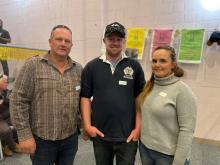
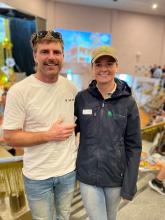
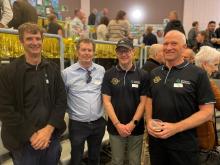
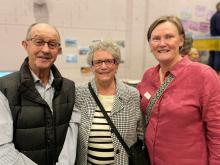
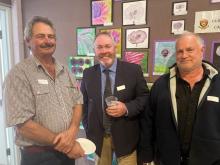
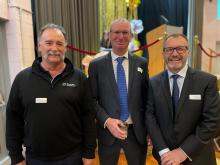
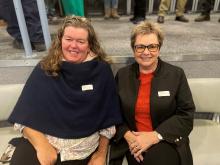
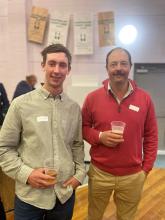

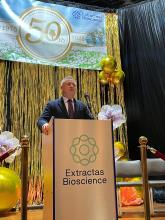
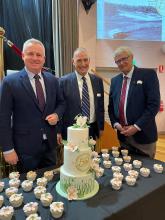
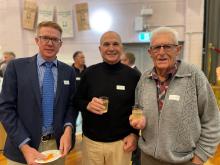
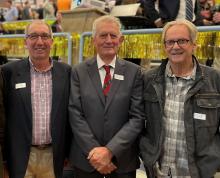
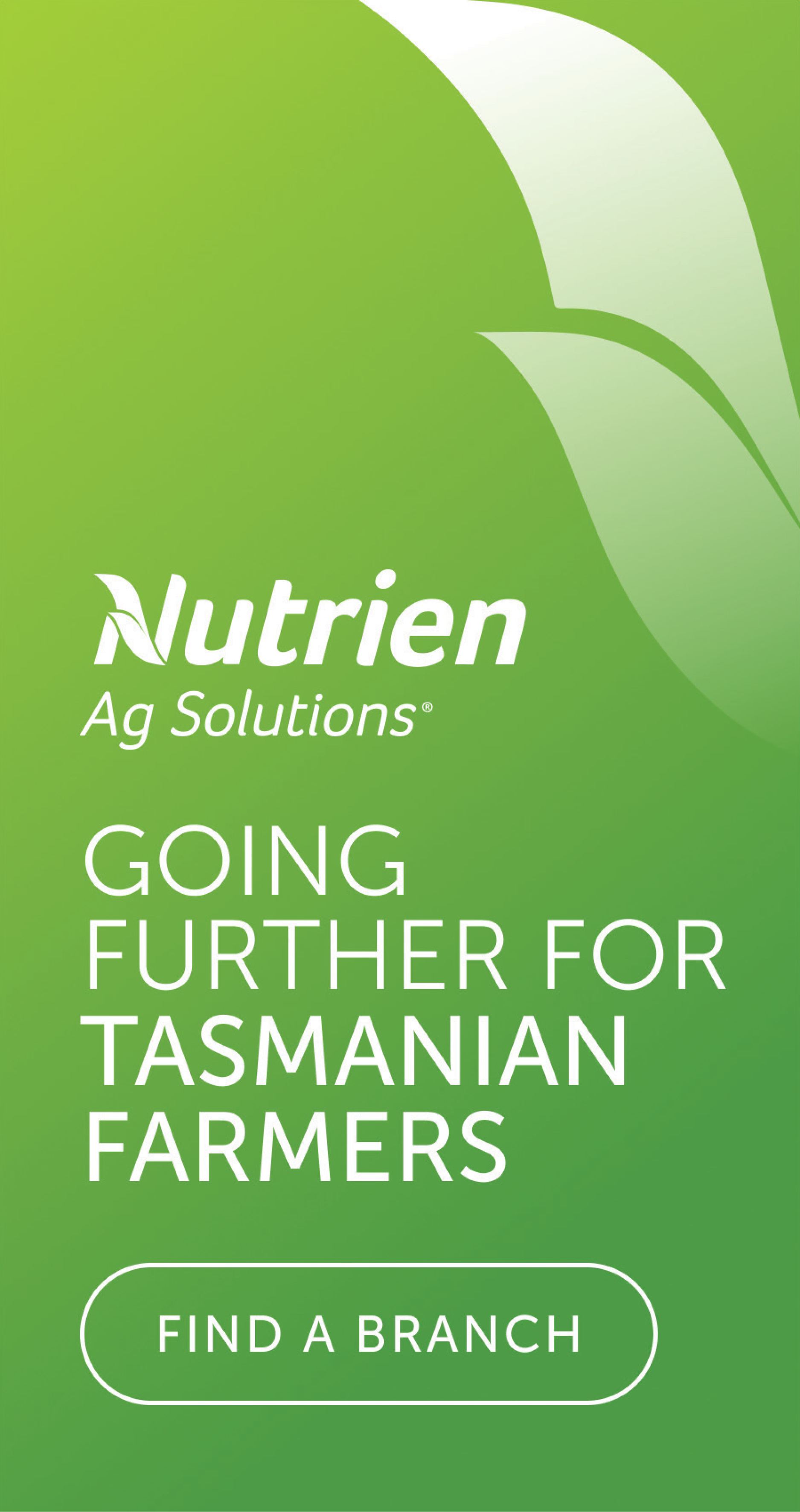
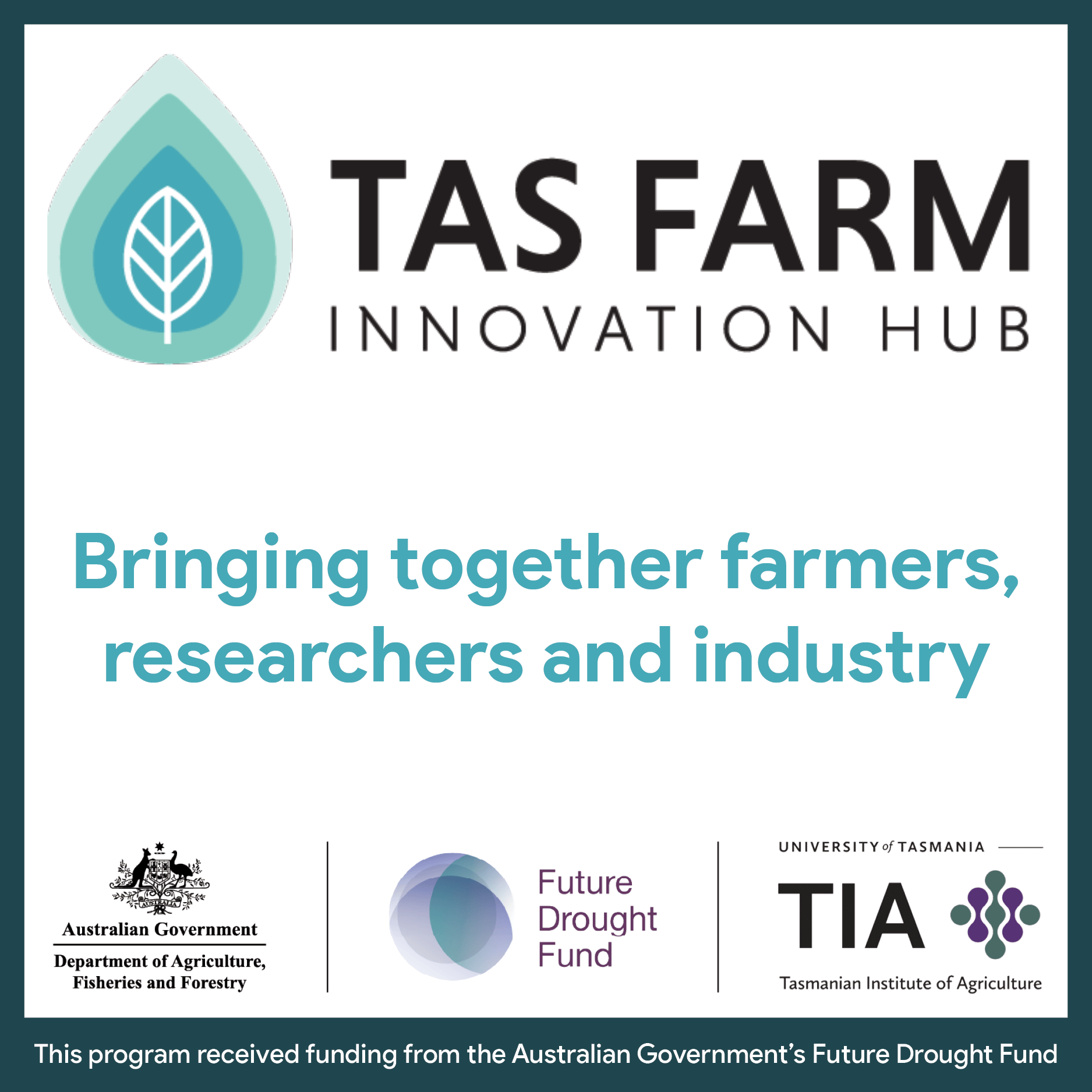

Add new comment